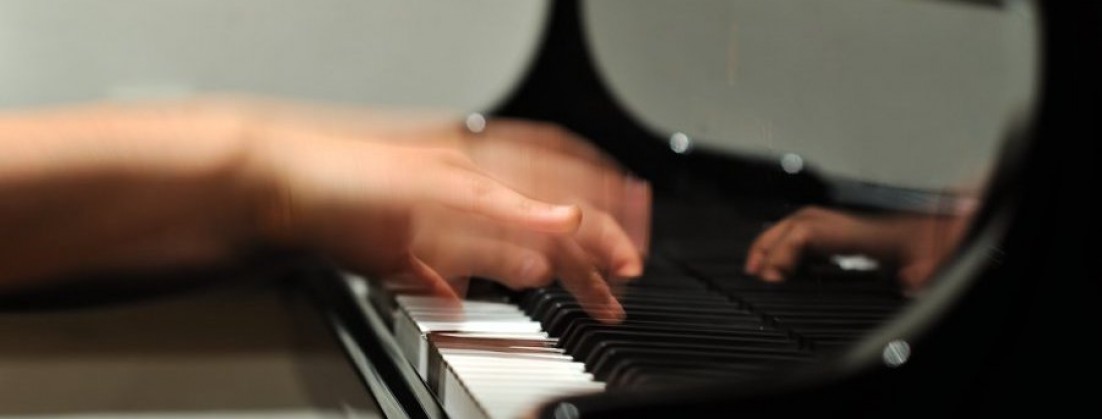Piotr Tchaikovsky: Swan Lake (highlights)
Steven Staryk, violin
Tibor de Machula, cello
Phia Berghout, harp
Concertgebouw Orchestra, Anatole Fistoulari
Recorded in the Concertgebouw, Amsterdam February 1961.
Decca
Performing ballet music on disc is vastly underestimated. Perhaps it’s linked to a dismissive attitude from many musicians towards the ballet genre – it’s not really “profound” music, is it, so how hard can it be? Yet some recent abysmal recordings of Tchaikovsky’s Swan Lake made me grab in despair at this old (1961) disc from Anatole Fistoulari with the Concertgebouw Orchestra. Re-listening to it is a vivid reminder of how much is overlooked and lost by not taking the music serious or without a careful analysis of its mechanics. Ukrainian conductor Anatole Fistoulari (1907-1995) may be virtually forgotten today – even if he made most of his career in the West, having fled the delights of communist Russia, and became the son-in-law of Gustav Mahler – but he surely knew his ballet music.
Fistoulari breathes life in every bar of the score, naturally blending the symphonic character of Tchaikovsky’s music with the theatrical requirements: the result is one of the most dramatic accounts of Swan Lake you’ll ever find on disc – Evgeny Svetlanov excepted. Pushing the orchestra to the limit, juggling with a complex array of phrasing and rubato, scenes (even only fragmented as here) are bustling with emotion and presence, dance moments shivering with elegance and zest. Just listen to the suspense he creates in the opening of Act 2, preceding the first encounter of Siegfried and Odette (not for nothing the dramatic core of the story), or the subtle details in the Dance of the Swans at the beginning of the last Act. Here is a conductor groomed in the ballet world and while he is not conducting a performance, there is still the feeling that everything is exactly in the right place. You wonder whether discs like this are ever listened to before embarking on a new recording.
For the petite histoire, the cello solo in the pas d’action is played by this prince of cellists, the legendary Tibor de Machula. Recruited by Wilhelm Furtwängler for the Berlin Philharmonic, Hungarian de Machula left Germany after the Second World War for Amsterdam’s Concertgebouw, where he reigned supreme as one of the most respected musicians for three decades.
A true gem in vivid early 1960s Decca sound.
The CD is available as part of the Decca Sound: The Analogue Years 54-CD box (0289 478 5437 1), or as a single disc, released by Decca Eloquence (442 9032).
Copyright © 2014 Marc Haegeman. All Rights Reserved.



